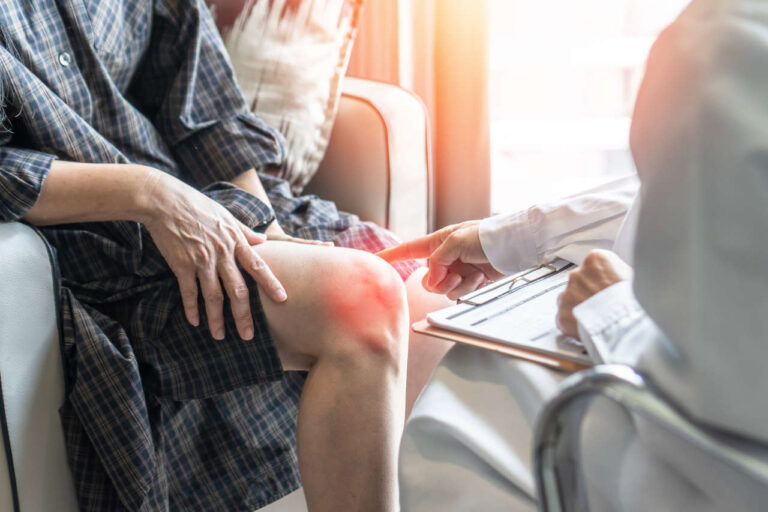
Living with Crohn’s Disease can come with challenges and uncertainty. As a patient newly diagnosed with this inflammatory bowel disease, you may be wondering how this will affect your day-to-day life.
The good news is many patients living with Crohn’s disease have been able to manage daily activities by incorporating a few lifestyle adjustments.
However, due to the unpredictable nature of the disease, it’s best to equip yourself with the information you need to manage symptoms and limit flare-ups. Here are a few things you should know about life with Crohn’s disease.
Can IVIG Help?
Free IVIG Treatment Info | Difficulty In DiagnosingSet Treatment Goals With Your Doctor
Although there is currently no cure for Crohn’s disease, there is a possibility of achieving a state of remission. Discuss your symptoms and how your body is reacting to medication with your doctors often so they can make any necessary adjustments to your treatment.
If medication isn’t helping or a complication associated with Crohn’s disease arises, a surgical procedure may be required. According to ChronsAndColitis.com, approximately 60 to 75 percent of Crohn’s disease patients will need surgery at some point, so it’s essential to be open to that possibility.
Maintain a Healthy Diet and Lifestyle

A healthy diet can help minimize the severity of symptoms during a flare-up.
Foods to Avoid:
- Greasy Foods
- Salty or Spicy foods (to keep flare-ups at a minimum)
- Dairy (for those who are lactose-intolerant)
- Caffeine (can act as a laxative, encouraging bowel activity)
- Certain High-Fiber foods (can cause intestinal blockages that may require surgery)
Frequent bowel movements can also contribute to malnutrition and unhealthy weight loss. Living with Crohn’s disease may require a high-calorie diet that steers away from the previously mentioned foods & can help you maintain a healthy weight.
Stress can also trigger symptoms. Learn techniques to help manage your stress like breathing exercises or meditation.
Light physical activity like walking or yoga and getting plenty of rest can also help alleviate stress.
Receiving Proper Nutrients May Be a Challenge
It’s not uncommon for those with Crohn’s disease to lack proper nutrition. The inflammation caused by the disease often inhibits proper nutrient absorption through regular eating.
In many cases, doctors may prescribe multivitamins to prevent vitamin deficiencies. In more severe cases, living with Crohn’s disease may require total parenteral nutrition (TPN) as part of your regular treatment.
TPN is a feeding method that bypasses the gastrointestinal tract by delivering nutrients intravenously. Depending on your body’s needs and the severity of the disease, TPN may be a short-term or long-term part of your treatment.
Be Mindful of Your Surroundings
When symptoms are present, you’ll want to make sure that there is always a restroom nearby. Depending on the severity of your symptoms, you may need to take time off work or skip school to avoid uncomfortable situations.
Get IVIG Copay Assistance
Your IVIG Treatment Info | Get IVIG Prior AuthorizationExplaining Crohn’s Disease to Others
Frequent trips to the bathroom can be quite disruptive in certain social settings like the workplace, school, hanging out with friends, or even while on a date. People will start to ask questions, and worse, the behavior may reflect negatively on you.
Be upfront about the disease with others so that they know what to expect. Additionally, informing appropriate authority figures like teachers or work supervisors about your condition can help ensure you receive the proper accommodations needed to get through the day.
Plan Your Travels Carefully
Whether you are taking a road trip or flying across countries, make sure you are prepared to manage your disease and symptoms appropriately. If you are flying, make sure you follow any TSA requirements regarding your medication or ostomy bag (if applicable). Speak to your doctor about any precautions or immunizations you may need before your trip. Also, make sure you are following the diet recommended by your doctor even while on vacation.
Although things may seem overwhelming, in time, you’ll learn to adapt to living with Crohn’s disease. The important thing to remember is to keep a positive mindset and don’t be afraid to seek the help and support you need, both medically and mentally.













